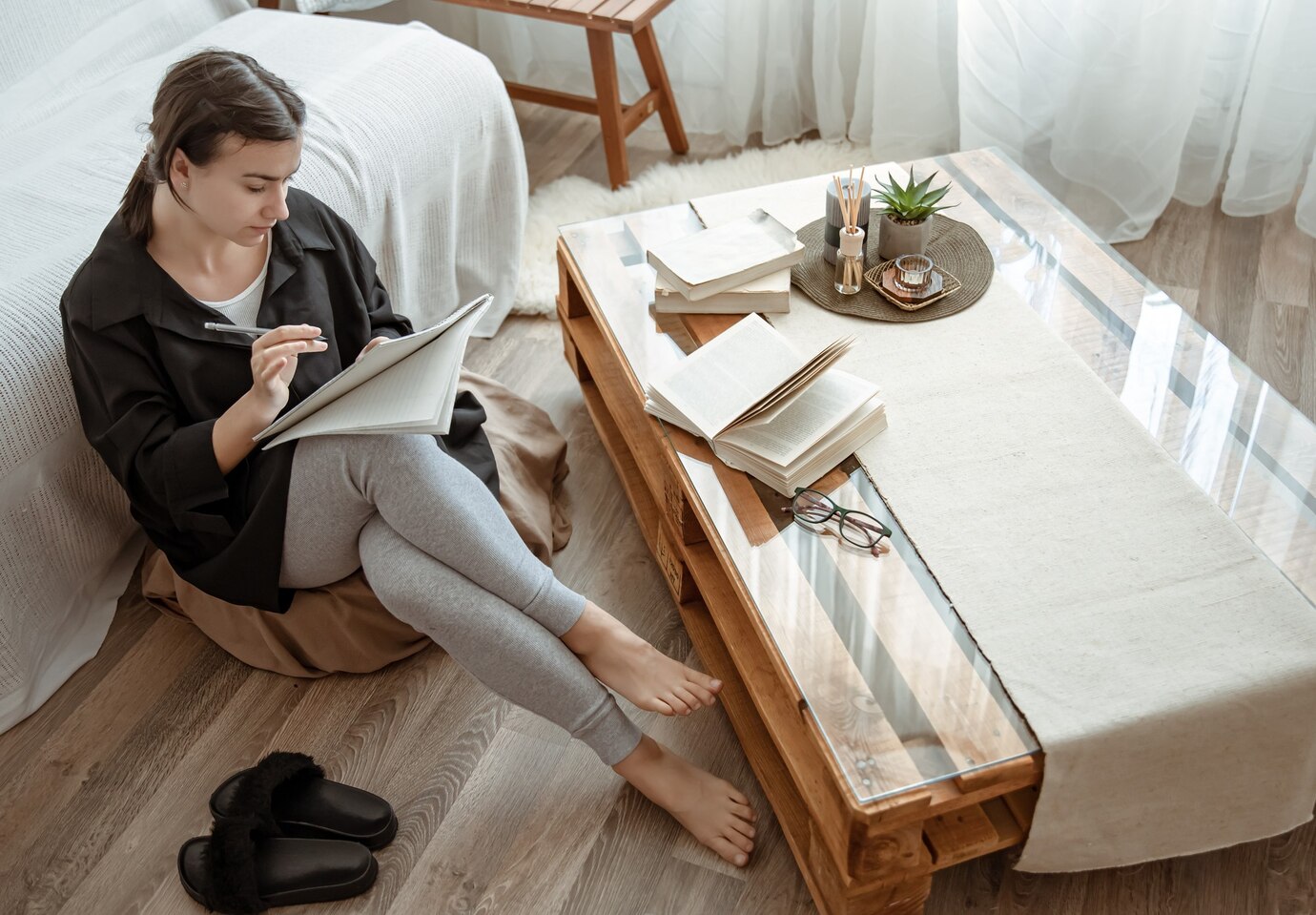Minimalist Living: Does It Really Make Life Better?
In today’s fast-paced world, people are constantly surrounded by material possessions, social expectations, and digital distractions. The idea of "more is better" dominates modern life, making it difficult to focus on what truly matters. Minimalist living offers an alternative approach by encouraging individuals to simplify their lifestyles, reduce unnecessary possessions, and focus on experiences rather than material goods. But does minimalism truly make life better? Let’s explore the concept, benefits, and challenges of minimalist living in detail.
Introduction
In today’s fast-paced world, people are constantly surrounded by material possessions, social expectations, and digital distractions. The idea of "more is better" dominates modern life, making it difficult to focus on what truly matters. Minimalist living offers an alternative approach by encouraging individuals to simplify their lifestyles, reduce unnecessary possessions, and focus on experiences rather than material goods. But does minimalism truly make life better? Let’s explore the concept, benefits, and challenges of minimalist living in detail.
What is Minimalist Living?
Minimalist living is a lifestyle that promotes owning fewer possessions and prioritizing things that bring real value and purpose to life. It is not just about getting rid of clutter but also about shifting one’s mindset towards intentional living. Minimalism helps individuals focus on what is essential, whether it is relationships, personal growth, or overall well-being, rather than accumulating material goods. This lifestyle emphasizes quality over quantity, encouraging people to break free from consumerism and find fulfillment in simplicity.
Benefits of Minimalist Living
Reduces Stress and Anxiety
A cluttered environment often leads to a cluttered mind. When homes and workspaces are filled with unnecessary items, it can create a sense of chaos and overwhelm. Minimalism promotes a clean and organized space, which in turn helps reduce mental stress and anxiety. Studies suggest that individuals living in tidy spaces experience lower cortisol levels, leading to improved mental health and overall well-being.
Enhances Financial Freedom
Minimalist living encourages people to buy only what they truly need, reducing unnecessary spending. This helps in cutting down expenses, avoiding debt, and saving money for meaningful experiences such as travel, education, or investments. When people spend less on material possessions, they gain financial stability and the ability to focus on long-term goals rather than short-term gratification.
Improves Focus and Productivity
When there is less physical and mental clutter, people can concentrate better on their tasks. A minimalist lifestyle removes distractions, making it easier to focus on personal and professional goals. Whether it’s work, studies, or creative projects, having a simple and distraction-free environment helps boost productivity and efficiency.
Encourages Mindful Consumption
Many people buy things impulsively without considering their actual needs. Minimalism promotes mindful consumption by encouraging people to think carefully before making a purchase. This leads to more thoughtful buying habits, where individuals invest in high-quality and meaningful items rather than accumulating unnecessary goods.
Strengthens Relationships
Minimalist living emphasizes experiences over possessions, leading to stronger relationships. When people stop prioritizing material things, they have more time and energy to invest in meaningful connections with family and friends. Minimalism encourages quality time, deep conversations, and shared experiences that create lasting memories.
Supports Environmental Sustainability
Overconsumption leads to excessive waste, pollution, and depletion of natural resources. Minimalism promotes sustainable living by reducing waste and encouraging eco-friendly choices. When people buy fewer products, they contribute less to environmental damage, making a positive impact on the planet.
Increases Overall Happiness
Many believe that material possessions bring happiness, but studies have shown that true contentment comes from experiences, relationships, and personal growth. Minimalism shifts focus from material wealth to emotional well-being, leading to greater happiness and life satisfaction. By appreciating what they already have, minimalists develop a deeper sense of gratitude and fulfillment.
Challenges of Minimalist Living
Emotional Attachment to Possessions
One of the biggest challenges of minimalism is letting go of sentimental items. Many people struggle to part with possessions due to emotional attachments, even if they no longer serve a purpose. Learning to separate memories from material objects is an essential step in embracing a minimalist lifestyle.
Social Pressure and Expectations
Society often values success based on wealth and material possessions. Choosing a minimalist lifestyle may lead to misunderstandings or judgment from others who associate happiness with luxury and abundance. Overcoming societal pressure requires strong self-awareness and confidence in personal values.
Finding the Right Balance
Minimalism does not mean living with nothing; rather, it is about finding the right balance. Some individuals take minimalism to an extreme, depriving themselves of comfort and convenience. The key is to adopt a version of minimalism that aligns with personal needs and preferences without feeling restricted.
How to Start Minimalist Living
Declutter Your Space
Start by assessing your belongings and identifying items that are truly necessary. Donate, sell, or discard things that do not add value to your life. Organizing your home and workspace will create a more peaceful environment.
Adopt a Minimalist Mindset
Minimalism is not just about reducing physical clutter; it’s also about shifting your mindset. Focus on what truly matters, such as personal growth, experiences, and meaningful relationships, rather than material possessions.
Practice Intentional Spending
Before making a purchase, ask yourself if the item is essential and if it adds value to your life. Avoid impulse buying and prioritize quality over quantity.
Simplify Daily Life
Minimalism extends beyond possessions; it also applies to daily routines. Reduce unnecessary commitments, focus on essential tasks, and create a lifestyle that promotes simplicity and peace of mind.
Conclusion
Minimalist living offers numerous benefits, including reduced stress, financial freedom, improved focus, and stronger relationships. While there are challenges, adopting a minimalist mindset and making intentional choices can lead to a more fulfilling and meaningful life. By embracing simplicity, individuals can experience greater happiness, clarity, and overall well-being.
.png)






Leave a Comment
Your email address will not be published. Required fields are marked *